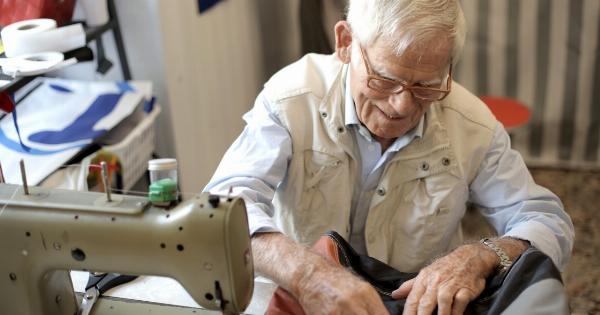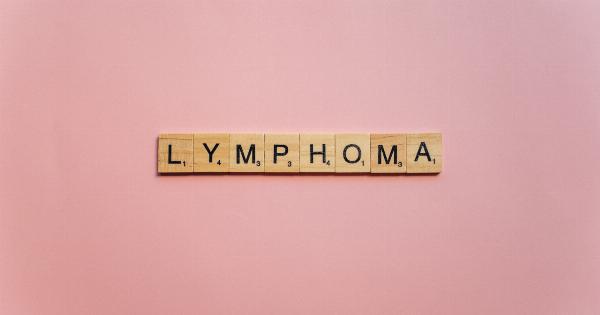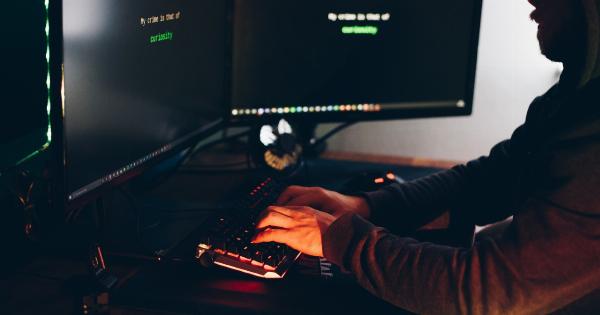When it comes to personal information, it is important to be cautious about what we share with others. There are things that we might consider harmless, but in reality, they can have serious consequences if they fall into the wrong hands.
Here are seven items that are confidential to share:.
1. Social Security Number
Your social security number is perhaps the most important piece of personal information you have. It is a unique identifier that links you to various financial and credit information.
If someone gets hold of your social security number, they can open credit accounts in your name and ruin your credit score. Make sure you keep it private, and only share it with trusted individuals such as your employer, government agencies, and financial institutions that you have a relationship with.
2. Passwords and PINs
We all have various accounts that we access online, and we need to create passwords to protect them. It is important to keep your passwords and PINs safe, and not share them with anyone.
This includes friends and family members who might ask for them for various reasons. Remember that your passwords and PINs are your first line of defense against hackers and scammers who are always on the lookout to steal personal information.
3. Medical History
Your medical history is private information that only needs to be shared with your healthcare provider. This information contains personal details about your health, including diagnoses, treatments, and medications.
Sharing this information with others can be risky as it may lead to discrimination or be used against you in some way. It is essential to keep your medical history confidential, and only share it with medical professionals when necessary.
4. Personal Finances
Your personal financial information is something you should keep to yourself. This includes your income, investments, savings, and debts. Sharing this information can lead to fraud and identity theft, which can be detrimental to your financial well-being.
Keep your personal finances confidential, and don’t disclose them to anyone unless it is necessary.
5. Legal Documents
Legal documents such as contracts, wills, and deeds are confidential documents that should be kept secure. These documents contain personal information that can be used for fraudulent activities or identity theft.
Make sure you keep them in a safe place and only share them with individuals who have a legitimate reason to access them.
6. Job Offers and Contracts
While job offers and contracts are exciting and should be celebrated, it is essential to keep them private until everything is finalized.
Sharing this information prematurely can jeopardize your chances of getting the job or getting favorable contract terms. Wait until you have signed the final agreement before sharing this information with anyone else.
7. Personal Relationships
Your personal relationships are private, and you should be careful about who you share this information with. This includes details about your family, friends, and romantic relationships.
Sharing this information can put these relationships at risk, and can also be used against you in some way. Keep your personal relationships confidential, and only share them with trusted individuals.






























